| Sorted by date | |||
page036from Building Ideasfor ancient wisdom. He proposed a new beginning which would start from observation and build up from simple axioms towards more abstract principles. He described this way of working, from the particular towards the general, as an “instrument” for the mind, just like a tool works for the hand. He saw quite clearly the relationship between knowledge and power and felt that nature’s mysteries would yield before his methods. He wanted, as he put it in his preface: “… to conquer, not an opponent in argument, but Nature herself in action: to seek, in short, not elegant and probable conjectures, but certain and demonstrable knowledge…”.15
Bacon’s ideas directly inspired what soon became a widespread preoccupation with research in the sciences and led, in 1660, to the establishment in London of a group called the Royal Society. The institution was set up to support individuals in the pursuit of new knowledge through the process of experiment and many famous figures, including Robert Hooke and Issac Newton, were involved in the society’s pioneering activities. The fact that Christopher Wren was a founder member and president, and that Hooke himself also designed several buildings, makes clear that the early growth of the “profession” of the architect was tied up with the beginnings science. Even Francis Bacon’s work betrays a crossover of ideas, as his essay, Of Building, makes clear. The application to useful purposes was his goal for new knowledge, not merely the pleasure of discovery for itself. He extended this principle to his thinking on architecture and came up with a now familiar conclusion: “Houses are built to live in, and not to look on; therefore, let use be preferred to uniformity, except where both maybe had.”16 The Mechanical Mind – René Descartes What Bacon had achieved for the growth of the sciences in England, René Descartes achieved in France and his Discourse on Method and 15 Francis Bacon, Novum Organum, Open Court, Chicago, 1994, p 40. 16 Francis Bacon, Essays, J.M.Dent, London, 1994, p 114.
|
|||
|
|
|||
|
|
 ... ...
... ... ... ...
... ... ... ...
... ... ... ...
... ...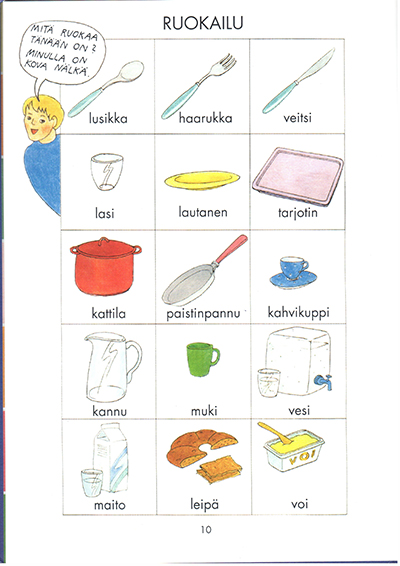 ... ...
... ... ... ...
... ... ... ...
... ...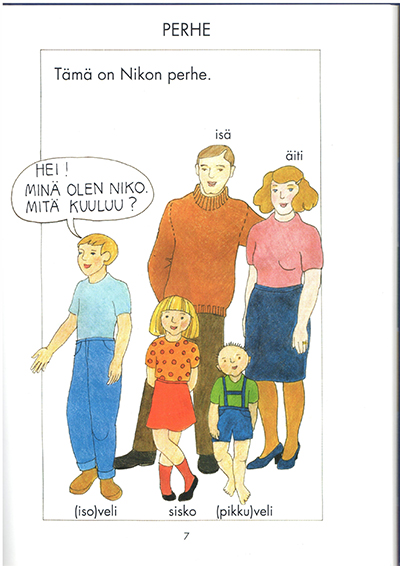 ... ...
... ... ... ...
... ...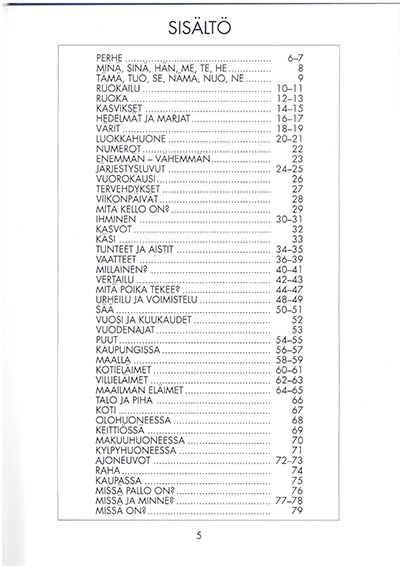 ... ...
... ... ... ...
... ... ... ...
... ...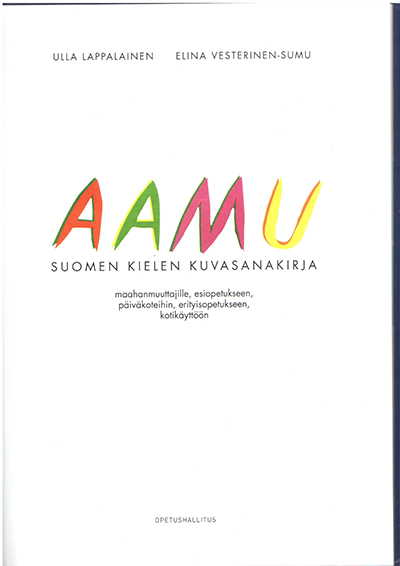 ... ...
... ...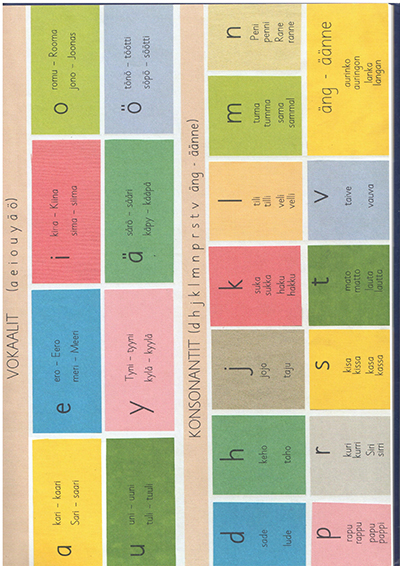 ... ...
... ...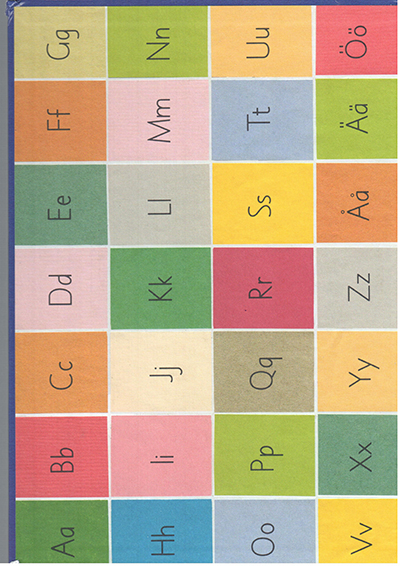 ... ...
... ...